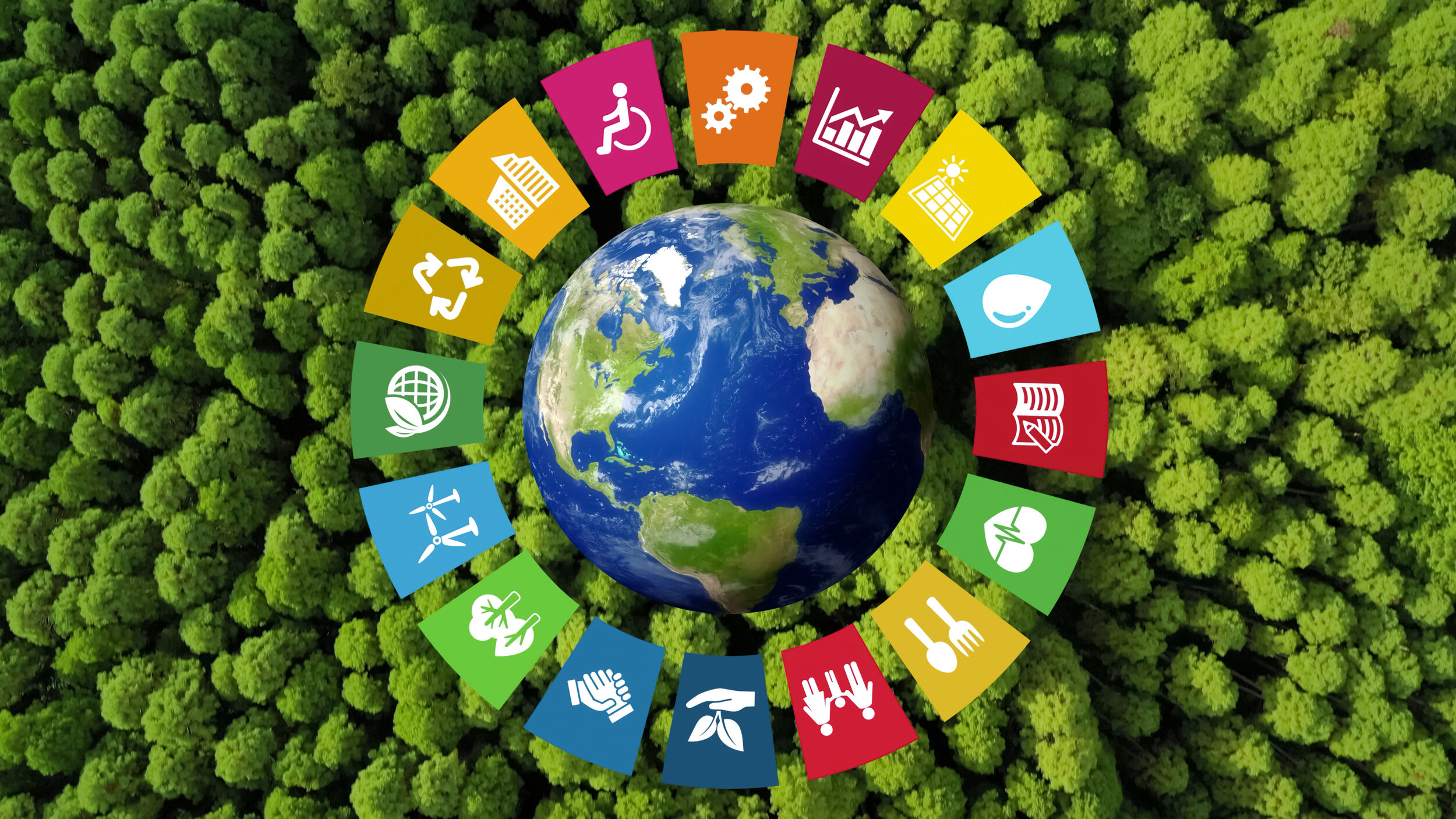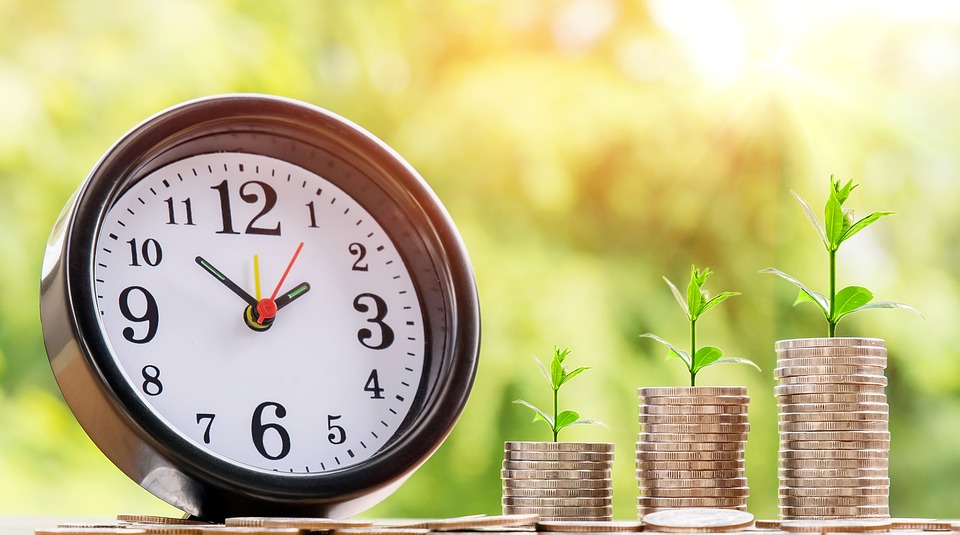The Essence of Sustainable Development
Sustainable development isn’t just a buzzword; it’s the crucial path forward for our planet and future generations. In this article, we’ll explore what sustainable development means, why it’s vital, and how you can be an essential part of this journey toward a more sustainable world.
Defining Sustainable Development
Sustainable development seeks harmony between environmental protection, economic growth, and social progress. It aims to meet today’s needs without compromising the ability of future generations to meet their own. This concept, often summarized as “people, planet, profit,” underpins global efforts to address pressing global challenges.
Environmental Protection: Our Shared Responsibility
Preserving the environment is a cornerstone of sustainable development. It involves reducing emissions, conserving biodiversity, and promoting sustainable practices. By safeguarding the environment, we secure clean air, water, and a stable climate for the future.
Preserving Our Natural World
One of the central pillars of sustainable development is environmental protection. This means not only reducing greenhouse gas emissions but also preserving the Earth’s rich biodiversity. Sustainable development recognizes that the natural world is not just a backdrop but a foundation of our well-being.
Ensuring a Livable Planet
Environmental protection isn’t a distant goal. It’s about ensuring that our planet remains habitable for future generations. It’s about securing the foundations of life itself. As stewards of this planet, it’s our responsibility to take actions that protect and rejuvenate the environment.
Balancing Economic Growth for All
Economic growth is another pillar of sustainable development. It doesn’t mean sacrificing progress. Instead, it encourages responsible business practices, fair trade, and green investments. When done right, economic growth reduces poverty and enhances the quality of life.
Economic Growth with a Purpose
Sustainable economic growth isn’t just about the bottom line. It’s about creating businesses that consider their impact on the environment and society. It’s about fair wages, ethical sourcing, and investments in renewable energy and green technologies. Such growth benefits not only shareholders but also employees, communities, and the planet.
Lifting All Boats
Balancing economic growth with sustainability is not just an idealistic notion. It’s a pragmatic approach that recognizes the interconnectedness of our global economy. By investing in sustainable industries and practices, we can create jobs, drive innovation, and ensure that prosperity is shared among all segments of society.
Promoting Social Progress: Equality for All
Social progress is equally important. Sustainable development aims to create inclusive societies by reducing inequality, ensuring access to education and healthcare, and promoting gender equality. It seeks to build communities where everyone can thrive, regardless of their background.
Inclusive Societies
Inclusivity lies at the heart of social progress. Sustainable development is about creating societies where opportunities are available to all, regardless of their socio-economic background, race, or ethnicity. It’s about reducing disparities and providing equal access to essential services like education and healthcare.
Gender Equality Matters
Gender equality is a crucial aspect of social progress. When women and men have equal opportunities and representation, it not only benefits individuals but also contributes to the overall well-being and resilience of societies. Sustainable development recognizes that gender equality is not only a fundamental human right but also a pathway to a more just and sustainable world.
Why Sustainable Development Matters to You

Your life is intricately linked to the global ecosystem. Sustainable development ensures a better quality of life for you and future generations. It guarantees clean air, water, and a stable climate.
Connected to the Global Ecosystem
So, why should you care about sustainable development? Well, the simple answer is that it affects all of us. Whether you live in a bustling city or a remote village, your life is connected to the global ecosystem. The food you eat, the air you breathe, and the water you drink are all impacted by the choices we make as a society. By embracing sustainable development, we can ensure a better quality of life for ourselves and future generations.
Quality of Life
Sustainable development isn’t just an abstract concept. It’s about improving your quality of life. It’s about having access to clean air and water, nutritious food, and a stable climate. It’s about living in a society where opportunities are available to all, regardless of their background.
Taking Action: Practical Steps for Sustainable Living
Now, let’s get practical. How can you contribute to sustainable development in your daily life? Here are some simple steps you can take:
- Reduce, Reuse, Recycle: Cut waste by recycling materials, reusing items, and minimizing single-use plastics. Every little bit helps!
- Save Energy: Turn off lights and appliances when not in use, use energy-efficient bulbs and appliances, and consider installing solar panels if possible.
- Support Sustainable Products: Choose eco-friendly, ethically sourced items with a lower environmental footprint.
- Use Public Transportation: Opt for public transport, carpool, bike, or walk whenever you can to reduce your carbon footprint.
- Conserve Water: Fix leaks, install water-saving fixtures, and be mindful of water use at home.
- Eat Sustainably: Reduce meat consumption, support local and organic producers, and reduce food waste.
- Advocate for Change: Get involved in local and global efforts to promote sustainable policies and practices. Join community groups or participate in environmental campaigns.
- Educate Yourself: Stay informed about environmental issues and the latest developments in sustainable technologies and practices.
- Vote Wisely: Support political leaders and policies that prioritize sustainability and climate action.
Remember, sustainable development isn’t just the responsibility of governments or large corporations. It’s a collective effort that involves each and every one of us. By making conscious choices in our daily lives and advocating for positive change, we can contribute to a more sustainable and equitable world.
The Challenges and Rewards of Sustainable Development
Challenges include overcoming entrenched interests and changing habits. However, the rewards are immense: a world with clean air, water, reduced poverty, and opportunities for future generations.
Overcoming Challenges
It’s important to acknowledge that the path to sustainable development is not without its challenges. It requires overcoming entrenched interests, changing long-standing habits, and making difficult choices. However, the rewards are immense. A sustainable world is one where we can enjoy clean air and water, where poverty and inequality are reduced, and where future generations have the opportunity to thrive.
The Enormous Rewards
The challenges of sustainable development may seem daunting, but the rewards are enormous. A sustainable world is a world where we can breathe clean air, drink safe water, and enjoy the beauty of a biodiverse planet. It’s a world where prosperity is shared, and no one is left behind. It’s a world where future generations can inherit a planet that’s just as vibrant and abundant as the one we know today.
Our Collective Journey
To wrap things up, sustainable development isn’t just a concept; it’s a vital journey for all of us. By embracing sustainable practices in our daily lives and advocating for positive change, we can create a world where people, planet, and profit are in harmonious balance. Your role is crucial on this journey toward a more sustainable future. Together, we can make a difference and create a world where people, planet, and profit are in harmonious balance.

